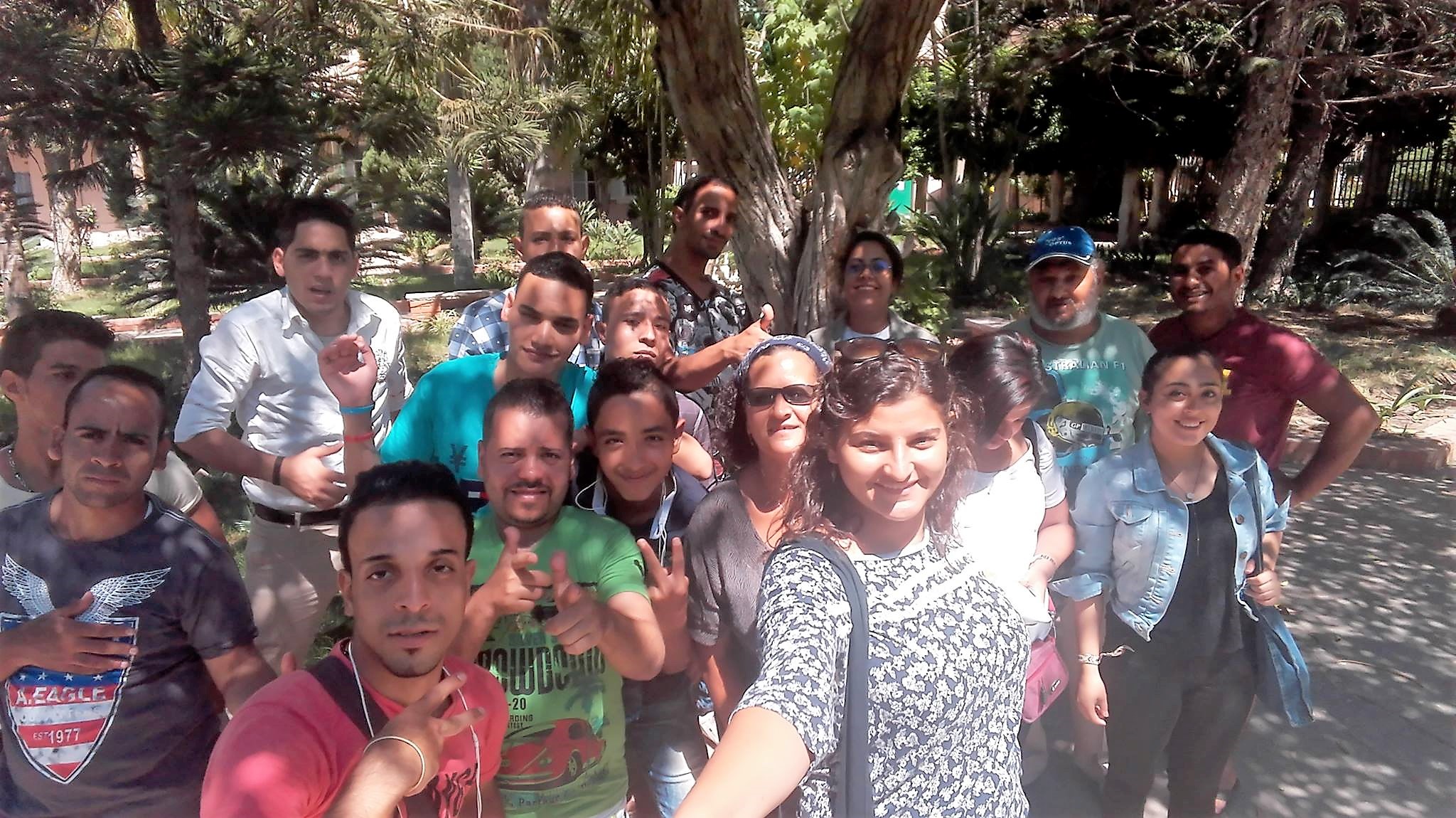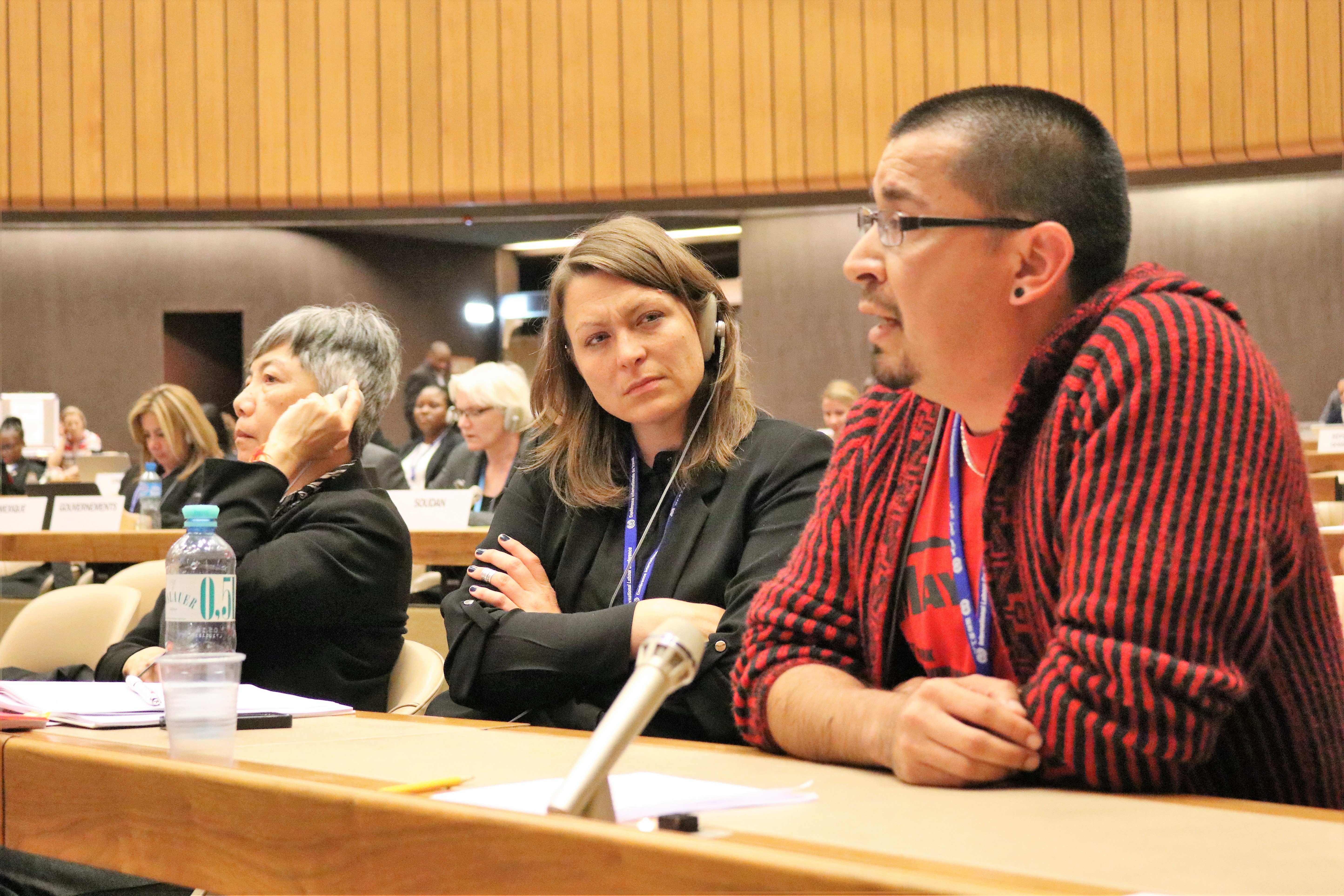Fourteen young workers and leaders of YCW Egypt gathered in Alexandria from August 31 to September 2, 2017 to live together and discuss their future. There were 10 young men from el Khranfish base group working in different sectors such as tuk-tuk drivers, gold makers, shop workers, and factory workers, three young women from El Sagood base group who work in the service sector as teachers and nurse in a private institution, and one person from El Osairin base group who is a student. They have been supported by former YCWers and collaborators.
Through the YCW methodology, young workers were able to analyze their past and current reality and to discover their own future. In the “see” part, they were tasked to draw what their future could be. Most young workers found it difficult because they do not have the luxury to draw on the past and some of them have no future prospects.




